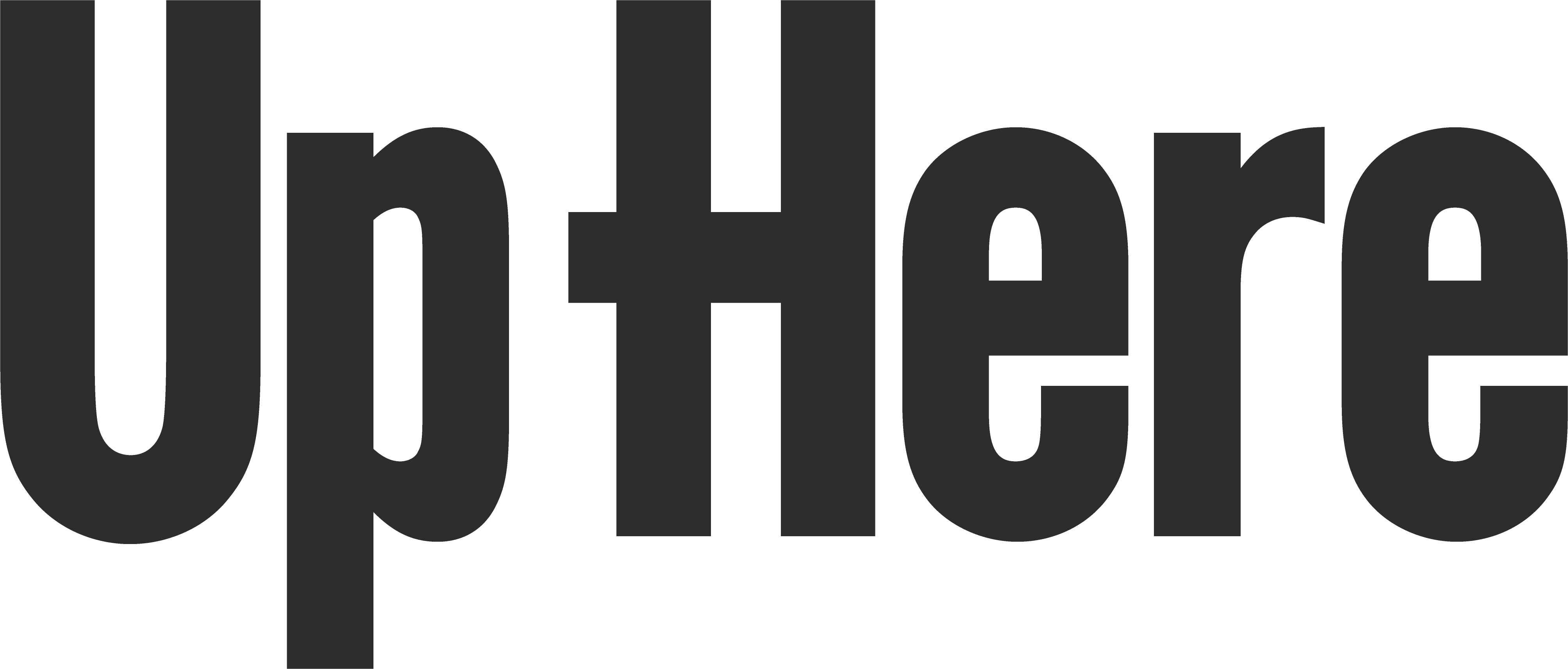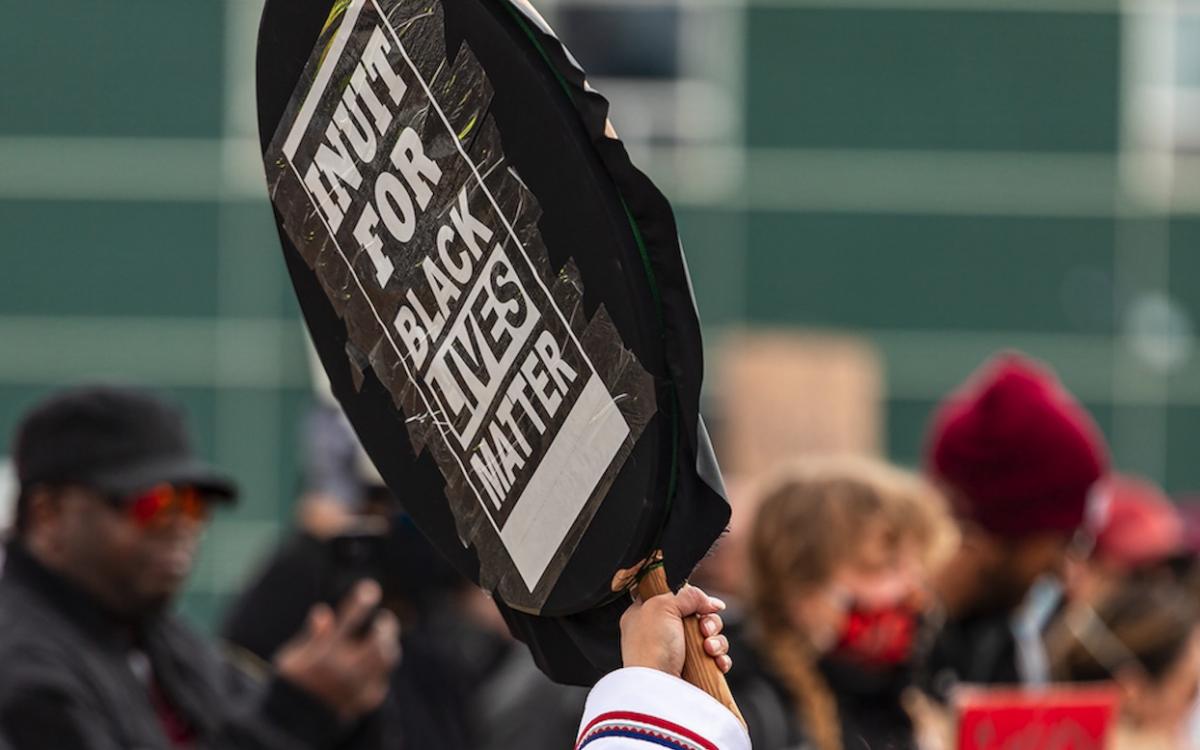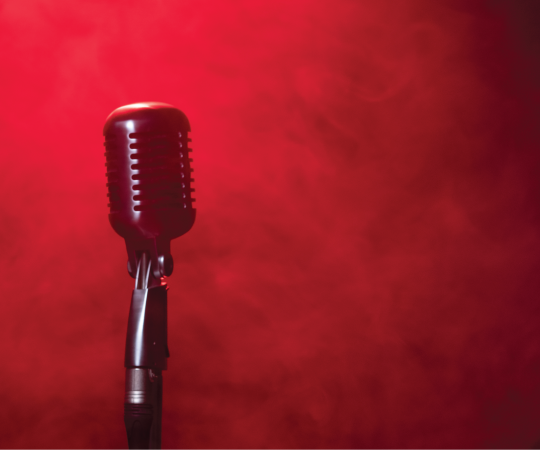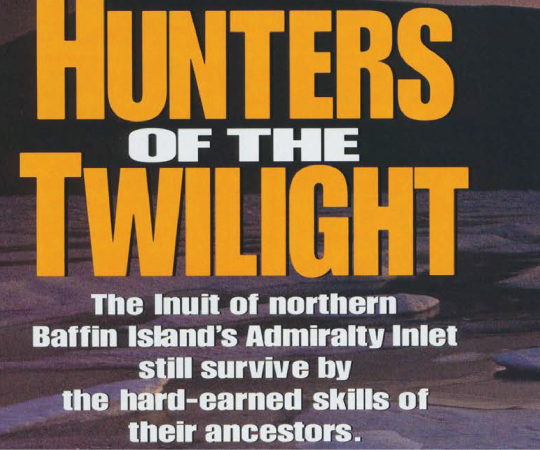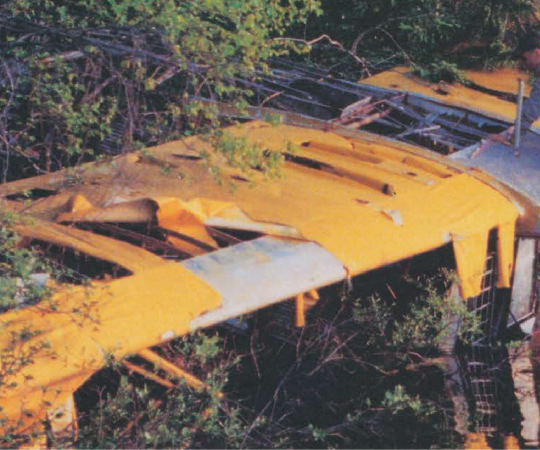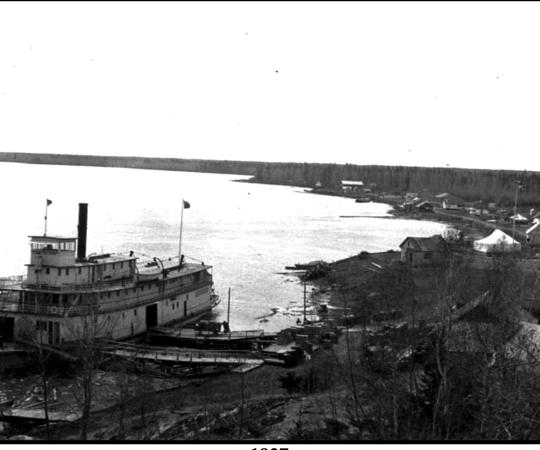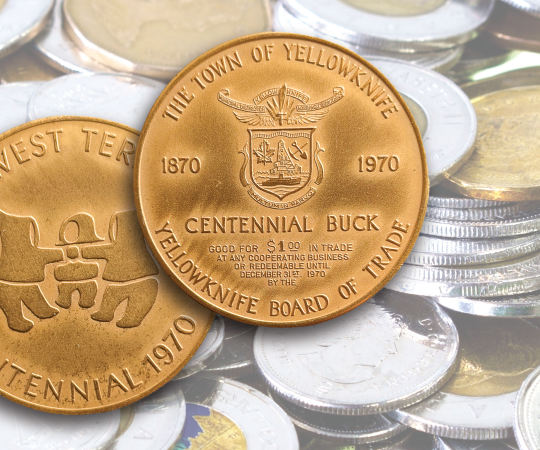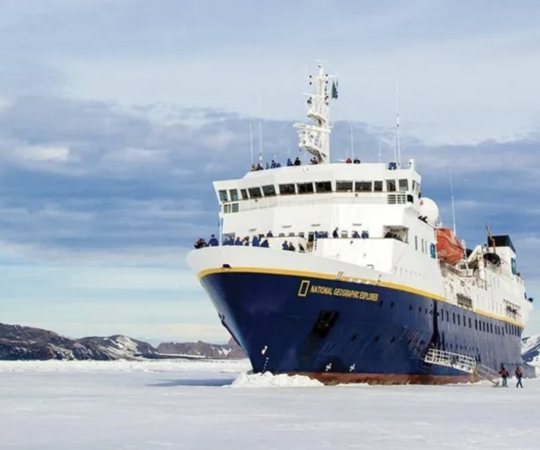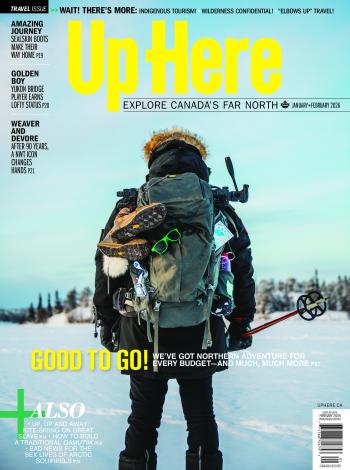People all over the world took to the streets this summer speaking out against police violence and standing up for Black lives. The North was no exception.
More than 200 demonstrators came together in Iqaluit in early June outside the RCMP’s V Division headquarters, chanting “No justice! No peace! No racist police!” Similar demonstrations took place throughout the month in towns across the territories, including Fort Smith, Inuvik, Dawson City, Whitehorse and Yellowknife.
All of these events—and similar rallies in America and throughout southern Canada—were organized because of the deaths of George Floyd and Breaonna Taylor, who were killed by police in Min- neapolis, Minnesota and Louisville, Kentucky, respectively. Across the globe, streets that had been quieted due to the COVID-19 pandemic were suddenly filled with a chorus of voices demanding change.
But the protests in the North weren’t solely an act of solidarity with the south. Iqaluit’s protest came just days after a video surfaced of an RCMP officer in Kinngait using the door of his truck to knock over an Inuk man. The officer has since been removed from the community and the incident is under investigation by the Mounties.
Currently (as of late June) five active investigations into police misconduct in Nunavut have been launched since the start of the year. They include a prisoner who died on the way to the hospital, a child hit by a cruiser, and three people shot by RCMP (two of whom were killed). Since 1999, there have been at least 15 deaths in Nunavut at the hands of RCMP officers.
“There’s been too many deaths of Nunavummiut when police get calls from community members,” David Qamaniq, MLA for Tununiq, told CBC this month. Qamaniq’s own son was killed by an RCMP officer in what was later ruled a homicide.
Coupled with the outrage in the south, these latest incidents have inspired calls to reexamine the role of policing in the North. Iqaluit’s city council has already thrown its support behind the use of body cameras on RCMP officers, and Nunavut MP Mumilaaq Qaqqaq has spoken out as well for greater police accountability.
If the bevy of demonstrations throughout the territories were about police reform, though, they were also about highlighting the northern Black and Indigenous experiences that are still too often ignored. In the Yukon—where Black stampeders came to seek their fortunes in the Gold Rush, and thousands of Black military members helped build the Alaska Highway—protesters called for all Canadian institutions to do a better job supporting racialized people.
“To be Black, Indigenous, and/or racialized in Canada is to be swimming against the current and to be reminded regularly of how disposable your existence is,” Asad Chishti, one of the organizers of the Whitehorse rally, wrote in an email announcing the event. “We need better support systems and deserve the right to keep breathing and living.”
In Yellowknife, the Black Lives Matter protest ended with an extended series of call-and-response chants from organizer Ambe Chenemu. For roughly 15 minutes the assembled crowd repeated chants of “I can’t breathe” and “We want justice.” Chenemu’s voice was unabating, impassioned and tireless. His words, amplified by a microphone and the several hundred in attendance, echoed across the city and in the hearts of all those present.
